Greener Plumbing Options for an Eco-friendly Home
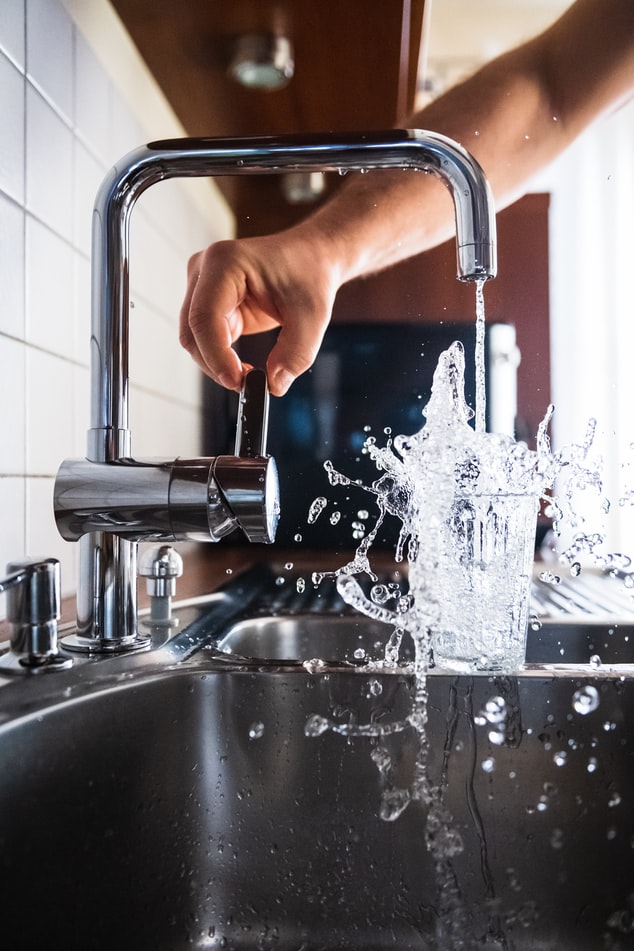
Going green and eco-friendly may be the hottest lifestyle trend in many cities across the globe right now!
 Photos By: Unsplash
Photos By: Unsplash
Still, there’s more to it than disavowing plastic straws, shopping with reusable bags, and buying products with recyclable packaging. As a conscious lifestyle choice, eco-friendly living starts at home, where you can reduce the waste you produce and the resources you consume, especially when it comes to basic needs like water. But is turning off the faucets when not in use or detecting leaks early on enough to restore efficient — and responsible — water use?
What is Green Plumbing?
Green plumbing techniques can help save substantial amounts of water that we use every day at home. These include changes to your home’s plumbing system to reduce wastewater from plumbing fixtures and promote sustainable consumption — one that ensures a stable water supply for future generations who also need this vital resource. From opting for eco-friendly plumbing fixtures to setting up a greywater system, plumbers recommend switching to green plumbing methods to conserve water, reduce waste, and even lower your monthly utility bills. That’s a win both for you and the planet — just enough, budget-friendly water consumption, and long-term, sustainable use of plumbing fixtures. Here’s how you can go green with your home’s plumbing system:
Switch to Green, Energy-Saving Pipes
Unless you’re a plumber, chances are you don’t know much about the materials used in pipes — and which ones have the biggest environmental impact. But it’s time we pay attention to what our pipes are made of and why it’s important that they’re made of sustainable materials. Plumbers often fit residential plumbing systems with pipes made of hard plastics like PVC. Though efficient, these pipes are difficult and expensive to recycle, often ending in overflowing landfills. On the other hand, iron and copper pipes may be greener, but they also require more energy to produce. Instead, ask your plumber to install pipes made from polyethylene and polypropylene because they require less energy to produce but are just as easily recyclable. Your plumber can also insulate hot water pipes to reduce heat loss while running hot water to reduce energy consumption.
Set Up Greywater Systems
Greywater, or wastewater, typically flows into the main sewage line after washing the dishes or shower, mixing with contaminated water. And while “reusing” this water is possible after treatment at your local processing plant, this requires a lot of energy. Instead, you can recycle grey water at home first. A professional plumber can install a greywater treatment system for recycling wastewater from your daily activities to use in watering plants and grass outside your house. This reduces your clean water consumption, especially that sprinkler systems use a lot to water entire lawns and backyards.
Maximize Home Tech in Your Plumbing System
Today’s homes are smart — from smart thermostats to motion-sensing lights that can be controlled using a voice assistant, and from your smartphone, we already rely on a lot of home technology. So why not maximize their use to include your plumbing system? Touchless or motion sensor faucets help you conserve water and reduce monthly utility bills. Because they only run when your hands are under the spout, you’re less likely to leave the faucet running when not in use. Aside from lowering your monthly bills, they also eliminate the risk of overflow and water damage.
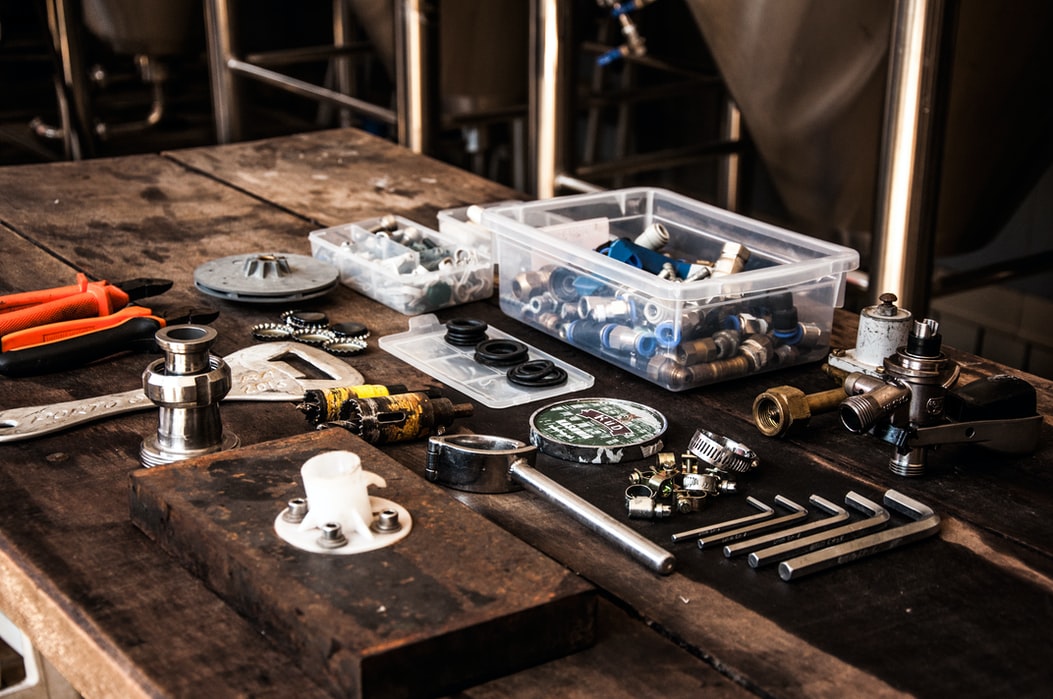
Check Outdoor Plumbing for Leaks
Most homeowners notice leaks from indoor fixtures, especially in frequented areas like the kitchen and washroom. But outdoor plumbing, like sprinklers, are just as susceptible to leaks, which often go undetected until the bills skyrocket, or they cause massive plumbing emergencies. To prevent this, make inspecting the outdoor plumbing part of your daily routine. Also, check the water meter periodically to monitor usage — a sudden spike without any noticeable increase in your household water consumption is a telltale sign of a leak. That’s because even if leaks start small, they can waste up to 15 gallons of water every day. A professional plumber can easily locate and repair hard-to-find leaks, such as those that occur in underground, hidden, or outdoor fixtures.
Upgrade to Tankless Water Heaters
Who doesn’t love a hot shower? Water heaters do a lot for your overall comfort, but heating costs can easily pile up. While most homes rely on traditional water heaters with a tank, tankless models are growing in popularity because of their energy-efficient function. Installing a tankless water heater practically pays for itself in reduced energy costs and its prolonged lifespan. Plus, there’s also the added benefit of reduced upkeep and smaller storage space required — all in all, a total win for homeowners everywhere who need a reliable supply of hot water for effective cleaning and comfortable showers.
Install Low-Flow Showerheads and Faucet Aerators
You might not realize it, but the type of showerheads and faucets you use also dictate water consumption — it can be higher or lower than desired simply due to the volume of water they dispense at once. Ask a professional plumber to switch your house to low-flow plumbing fixtures. With these new showerheads and faucets, you can cut down excess water consumption by 50% since the water flow is significantly reduced. But don’t worry — this doesn’t mean there’s less water flowing through your home for thorough cleaning and showering; low-flow fixtures maintain high water pressure but cut down on wasted running water.
Switch to Low-Flow Dual Flush Toilets
Similar to low-flow showerheads and faucet aerators, low-flow, dual flush toilets maintain high water pressure and reduce water flow to conserve water. These new and improved toilets are designed to use just half the typical amount of water that traditional toilet models need to flush down waste. They achieve this by using different amounts of water to flush liquid and solid waste and connect to wider drainages to reduce the risk of toilet clogs.
Use a Front-Loading Clothes Washer
The invention of washing machines has done a lot for making laundry days far more convenient, but depending on the type of washer you use, the tradeoff might be higher water consumption. But how old is your washer anyway? It’s time to consider an upgrade to a front-loading clothes washer. Front-loading washers are designed with sprayers that require less water to wash clothes effectively, resulting in lower utility bills. Combined with their Energy Star rating, their energy savings and reduced water consumption allow them to pay for themselves in no time.
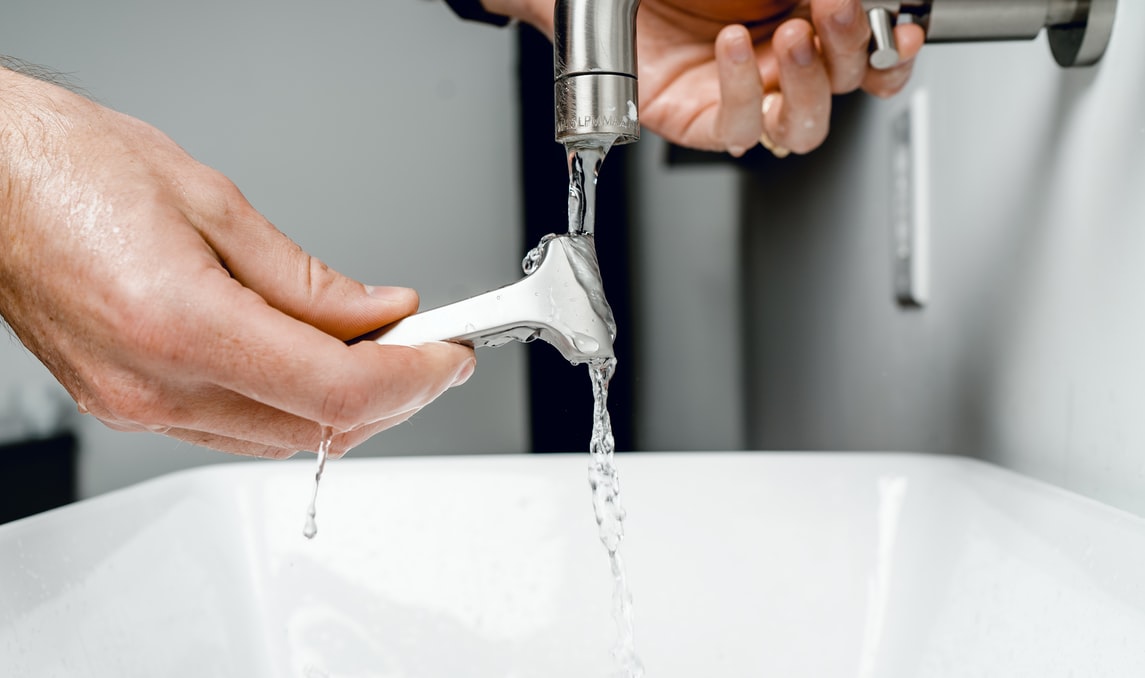
Take Shorter Showers
Good personal hygiene requires regular showers, but do you know how much water each shower uses? An average shower uses about five gallons of water per minute. Needless to say, that’s a lot and goes to waste, especially if you’re the type to leave the water running or stand under it while staring into space. Now, this doesn’t mean you should skip out on good hygiene — use water responsibly. Start by timing your showers to conserve water, and turn off the shower while soaping to reduce wastewater produced when you don’t need clean running water.
Install Hot Water Recirculation Pumps
Hot water is a necessity, but it’s also one expensive commodity over time. Instead, talk to your plumber about installing a recirculation pump. This balances hot water consumption in your home and reduces wastewater from simply leaving hot water flowing through the pipes when not in use. Recirculation pumps allow you to heat water on demand, which cuts down on both water and energy consumption and ensures efficient use of hot water.
Greener Plumbing Isn’t Just a Trend — It’s the New, Responsible Normal
Green plumbing is the future of responsible water consumption and conservation — and it starts at home, with you. Combined with responsible daily habits like taking shorter showers and checking for leaks, installing eco-friendly fixtures at home can go a long way in promoting sustainable water consumption and paving the way for a better, greener planet.
Don’t know where to start? With the help of a plumber, you can install water recycling systems, energy-efficient plumbing fixtures and maintain your home’s plumbing system for long-term, sustainable function and reduced wastewater production.


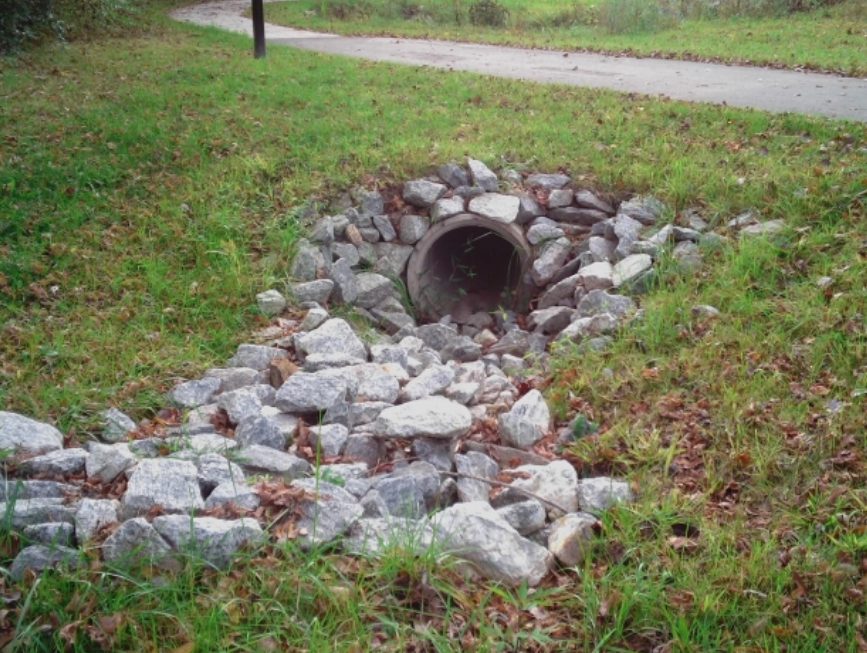
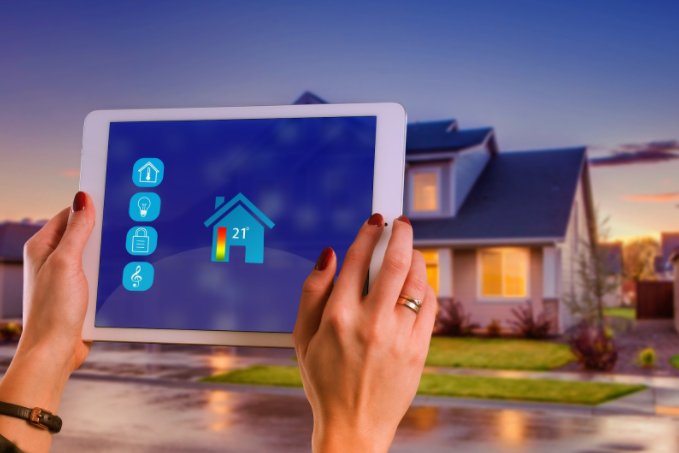
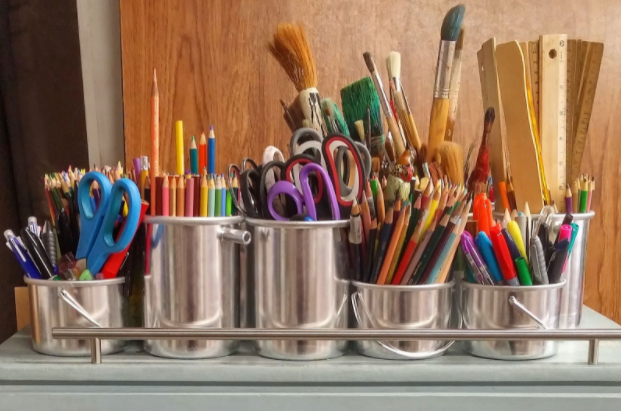


Leave a Comment